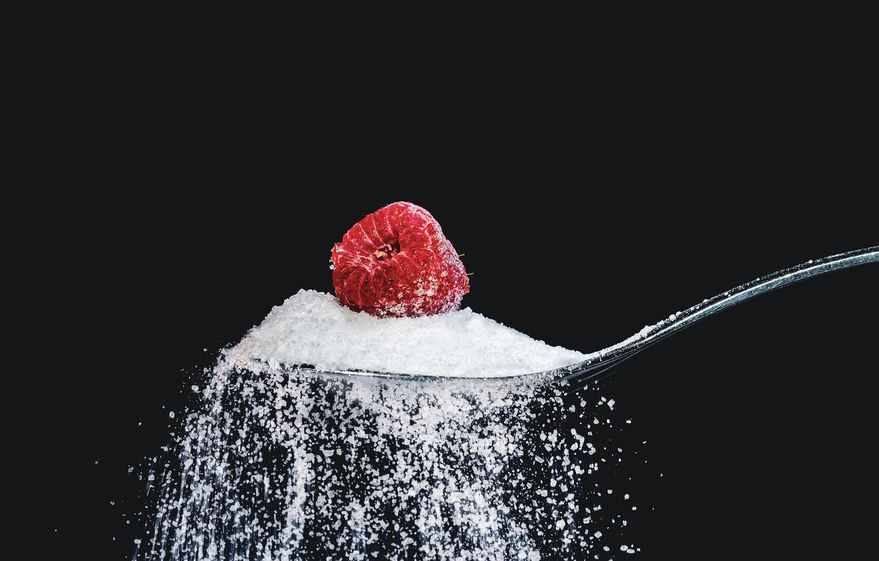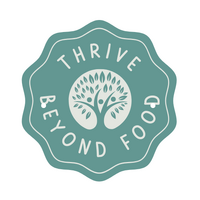
Do you realize that your brain is designed to help you survive? This sounds like a good thing doesn’t it? And it is, but it can sometimes also cause some problems.
Your Brain is Rigged for Survival
Our brains provide us rewards when we do things that perpetuate our survival. These things include:
- Eating
- Seeking Shelter
- Sex
When we first do these things, the brain releases a little dopamine and this feels great! We get a reward, so to speak. Our brains use that as a feedback loop. When we eat, that is good for us. It keeps us alive. When we have sex, that is good for us; it perpetuates our species. When we find shelter, that is good for us because we don't freeze to death.
All of these pleasures give us a little hit of dopamine in our brain. Basically, the whole motivation pathway for neural desire for reward is what keeps us alive.
There's a little bit of satisfaction from eating a bowl of berries. A little bit of dopamine gets released in your brain, so you associate eating with pleasure, and you learn to repeat it. “I had a thought that I should eat. I ate. I got a little dopamine. Now I want to keep doing it.” The same with sex. “I got a dopamine release. I want to do it again.” “I stayed warm and dry during the snowstorm. I want to do that again, so I’m learning how to survive.”
If we don’t do these things, our brains get a little bit upset. It’s like an alarm goes off and we get a craving.
So, if a little dopamine is good, a lot of dopamine is better, right?
Ah....no!
We eat something, like juicy berries, that give us a small shot of dopamine as a reward. This small reward motivates us to want to eat berries again. This little reward and dozens more like it keep us alive because they motivate us to seek tasty food to eat.
These little rewards only become a problem when they become concentrated.
Think about:
- Cocaine
- Heroin
- Alcohol
- Sugar
- Flour
- Shopping
- Gambling
- Pornography
Instead of eating something like a beet or a berry that has a little bit of sugar in it, we can now have a spoonful of table sugar and get a massive dopamine reward.
The brain now associates that reward with survival: “Hey, if that little bit of berry kept us alive back in the day, this intense sugar rush from eating a piece of cheesecake is even more important. We’ve got to get more of that. We’d better get WAAAY more of that!"
Your brain starts prioritizing having that concentrated reward over anything else. If a little is good, then a lot must be better.
Your brain doesn’t understand the difference between useful desire that keeps you alive and harmful desire that leads to addiction, so every time we reward ourselves with that much intensity, the desire is completely intensified.
This is NORMAL. Your brain is healthy. It’s responding to reward. That’s how it was designed.
What isn’t healthy, what your brain hasn’t evolved to deal with, is that intense and concentrated dopamine release.
Let me give you an example. When you drink a lot of alcohol, your brain is flooded with a huge influx of dopamine that it tries to accommodate, so it doesn’t get completely overloaded. It downregulates the dopamine receptors, but it doesn’t downregulate the desire. Therefore, it takes even more alcohol to get the same effect. The more you repeat it, the stronger the desire gets until it becomes the only thing that matters. Your brain prioritizes drinking alcohol above everything else, and that’s when you’re into complete addiction.
I'm not addressing addiction in this article. I don't coach people who are addicted to alcohol - that's beyond my pay grade! I coach people who want to cut back on their drinking. People who want to be in control of their drinking.
I want you to know that when you have what seems to be an uncontrollable desire for a second or third glass of wine, your brain thinks it must be associated with your survival because a huge dopamine reward is involved, so you need to do more of it. If you want to cut back, I have a proven method to help. You can contact me at sheila.gravely@thelifest.com.
Photo Credits: Photo by Myriam Zilles on Unsplash

Comments